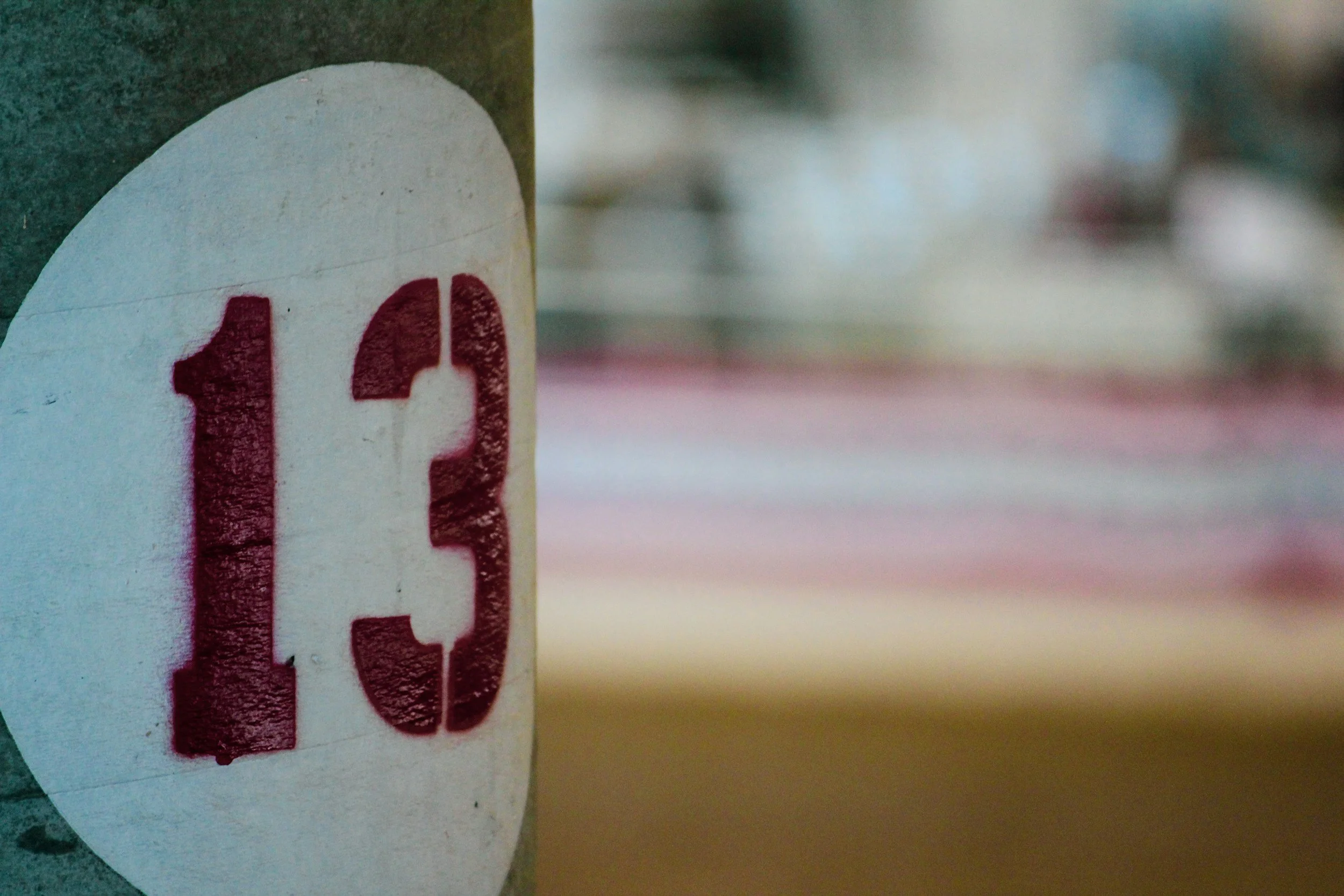Understanding OCD: Symptoms, Treatment, and Hope
What Is OCD?
Obsessive-compulsive disorder (OCD) is a mental health condition characterized by persistent, unwanted thoughts (obsessions) and repetitive behaviors (compulsions). These cycles can feel overwhelming, time-consuming, and interfere with daily life. While many people associate OCD with cleanliness or order, it can manifest in countless ways, including scrupulosity (religious obsessions) or fear of harm.
Signs and Symptoms of OCD
Understanding OCD means recognizing both obsessions and compulsions:
Obsessions:
Fear of contamination or illness
Intrusive thoughts of harming oneself or others
Fixation on symmetry or exactness
Distressing sexual or religious thoughts
Compulsions:
Excessive handwashing or cleaning
Checking locks or appliances repeatedly
Counting or repeating words silently
Arranging items to achieve a specific “just right” feeling
How OCD Differs from GAD and Panic Disorder
While OCD, generalized anxiety disorder (GAD), and panic disorder share overlapping symptoms like worry and panic, their core experiences differ:
OCD: Intrusive thoughts and compulsive actions.
GAD: Persistent, excessive worry about everyday events.
Panic Disorder: Sudden, intense panic attacks without specific triggers.
A skilled clinician can differentiate these conditions and provide an accurate diagnosis.
The Gold Standard: ERP Therapy
Exposure and Response Prevention (ERP) is a specialized therapy for OCD. Unlike traditional talk therapy, ERP focuses on:
Exposure: Gradually facing feared thoughts or situations.
Response Prevention: Resisting the urge to perform compulsions.
Over time, ERP helps retrain the brain, reducing the distress caused by obsessions and compulsions. It’s crucial to work with a clinician trained in ERP for effective results.
The Role of Psychiatry and Medication
In some cases, OCD treatment may include medication, such as selective serotonin reuptake inhibitors (SSRIs). Medication can reduce the intensity of symptoms, allowing therapy to be more effective. A combination of psychiatry and ERP often provides the best outcome.
How OCD Impacts Daily Life
OCD can disrupt work, relationships, and daily routines. For example:
Work: Repeatedly checking emails for errors can reduce productivity.
Relationships: Seeking constant reassurance may strain connections.
Daily Life: Spending hours on rituals leaves little time for leisure.
Therapy helps individuals regain control and live a fulfilling life.
Ready to Reclaim Your Life from OCD?
OCD doesn’t have to control your life. Therapy can help you take back your time, relationships, and peace of mind. If you see yourself in these symptoms, don’t wait—schedule a session today and start your journey toward freedom.
Be honest below, what’s one question you’ve always had about OCD? Drop it in the comments—we’d love to help demystify this condition.
Stay true to yourself,
Resources:


